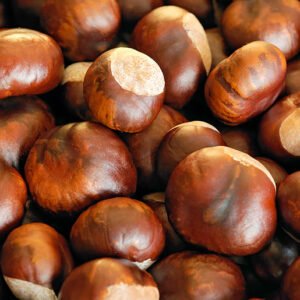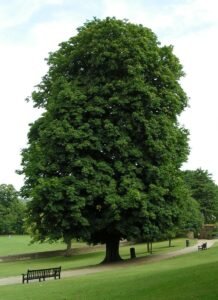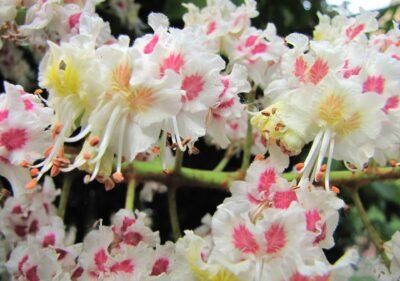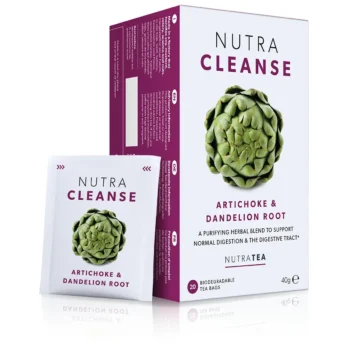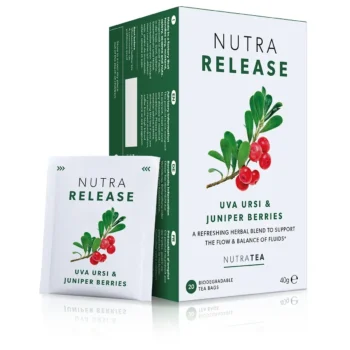Horse Chestnut Extract Protects Urinary Tract
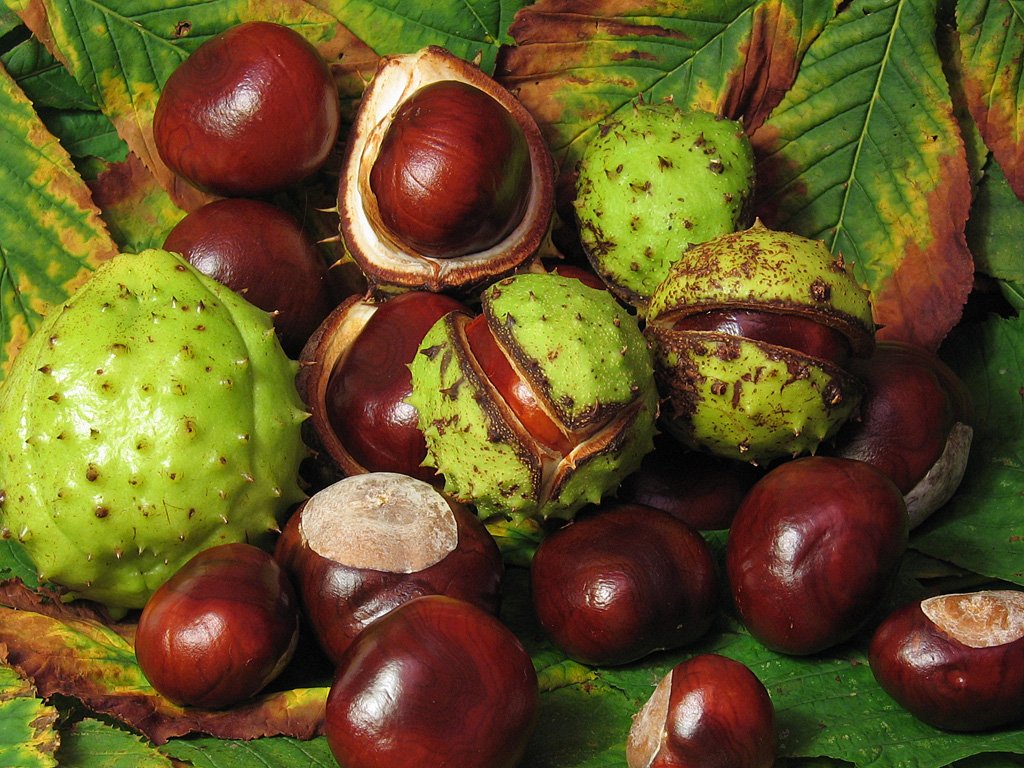
Horse Chestnut (Aesculus hippocastanum) is a splendorous tree whose seeds have medicinal value, but which are unsafe to eat raw due to the presence of the toxic glycoside esculin. Extracts of Horse Chestnut with the esculin removed treat bacterial UTIs and chronic venous insufficiency. Horse Chestnut extract protects the urinary tract and helps it excrete harmful bacteria, resolving urinary tract infections (UTIs). NutraFlow is a tea blend containing 10% Horse Chestnut plus other herbs that support healthy urinary tract function. Extract of Horse Chestnut also treat chronic venous insufficiency and edema by strengthening vein walls and reducing varicose veins and painful inflammation and swelling. Aescin is the main active constituent of Horse Chestnut and is most responsible for the seed’s healing effects on the uterine tract and vasculature.
Horse chestnut seeds contain:
- Aescin
- Tannins
- Glycosides
- Alkaloid saponins
- Quercetin
Promotes Urinary Tract Health
Horse Chestnut extract’s VIP constituent, aescin, induces release of prostaglandin F2α, which stimulates luteolytic activity, treating uterine infections. Luteolysis inhibits the production of progesterone, which reduces susceptibility to uterine infection and encourages a new menstrual cycle to begin. It also stimulates the release of oxytocin, easing anxiety. Aescin’s astringent effect can help heavy menstrual bleeding (menorrhagia). It can relieve chronic pelvic congestion which is caused by venous engorgement of the pelvis due to dilated, weak pelvic veins, which causes persistent pelvic pain and can worsen heavy periods. Nutraflow tea blend harnesses the healing power of horse chestnut to maintain urinary tract function, encourage the excretion of harmful bacteria that may result in infection, and ease inflammation and discomfort.
Treats Chronic Venous Insufficiency
Aescin has vasoconstricting and vasoprotective actions. It astringes, thinning the blood, and reducing leakage of blood from veins and capillaries. It induces endothelial nitric oxide synthesis by making endothelial cells more permeable to calcium ions, supporting healthy vasculature. The endothelium is a layer of squamous endothelial cells lining the inner surface of blood vessels and lymphatic vessels. The endothelium forms an interface between circulating blood or lymph in the lumen and the rest of the vessel wall. By strengthening the endothelium, aescin can treat and prevent varicose veins.
It also treats chronic venous insufficiency (CVI), caused by damaged veins and poor blood flow in legs. CVI can lead to inflammatory swelling, pain, varicose veins, and itchiness. Aescin’s anti-inflammatory effect reduces all these symptoms. Aescin’s astringent effect also treats edema, which is swelling caused by fluid retention, usually in the feet, ankles, and legs. Horse chestnut extract may be as effective as compression stockings.
Conkers
Horse Chestnut is a tree native to Central Europe in the Sapindaceae family. It’s widely planted throughout the northern hemisphere in parks for its shade and stately beauty. The species name hippocastanum literally translates to “horse chestnut,” referring to the seed as traditional medicine for coughing in horses, and distinguishing it from Castanea sativa, the sweet chestnut that humans eat. Horse Chestnut trees can grow 130 feet tall and live for over 300 years. The tree’s green, spiky fruits burst in autumn, showering the ground in “conkers.” It blooms from May to June, producing large white flowers with yellow to pink blotches at the base of the petals. Bees love the flowers, and the seeds are winter feed for wild boar and deer.
Anne Frank wrote fondly in her diary about a Horse Chestnut in the center of Amsterdam; that tree’s descendants have been planted at museums across the United States. In Britain, Ireland, and Scotland, children developed games of “conkers” which have their own slang, rhymes, and rituals.
Enjoy a cup of NutraFlow and protect the health of your uterine tract and vasculature.

